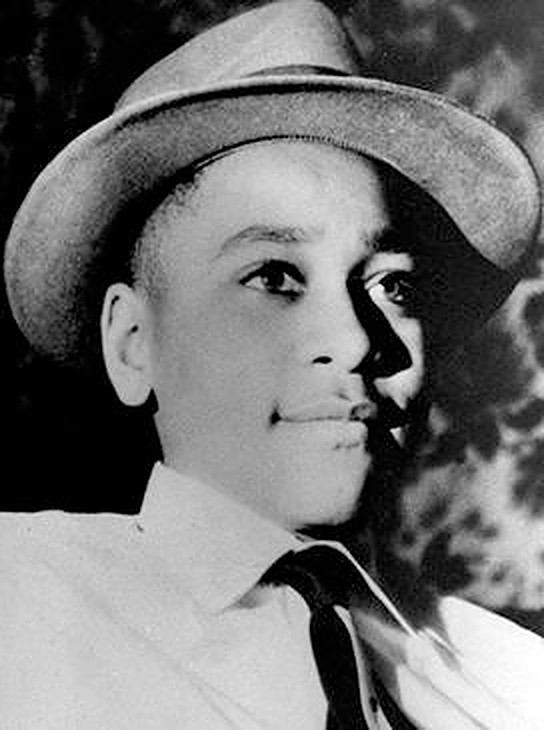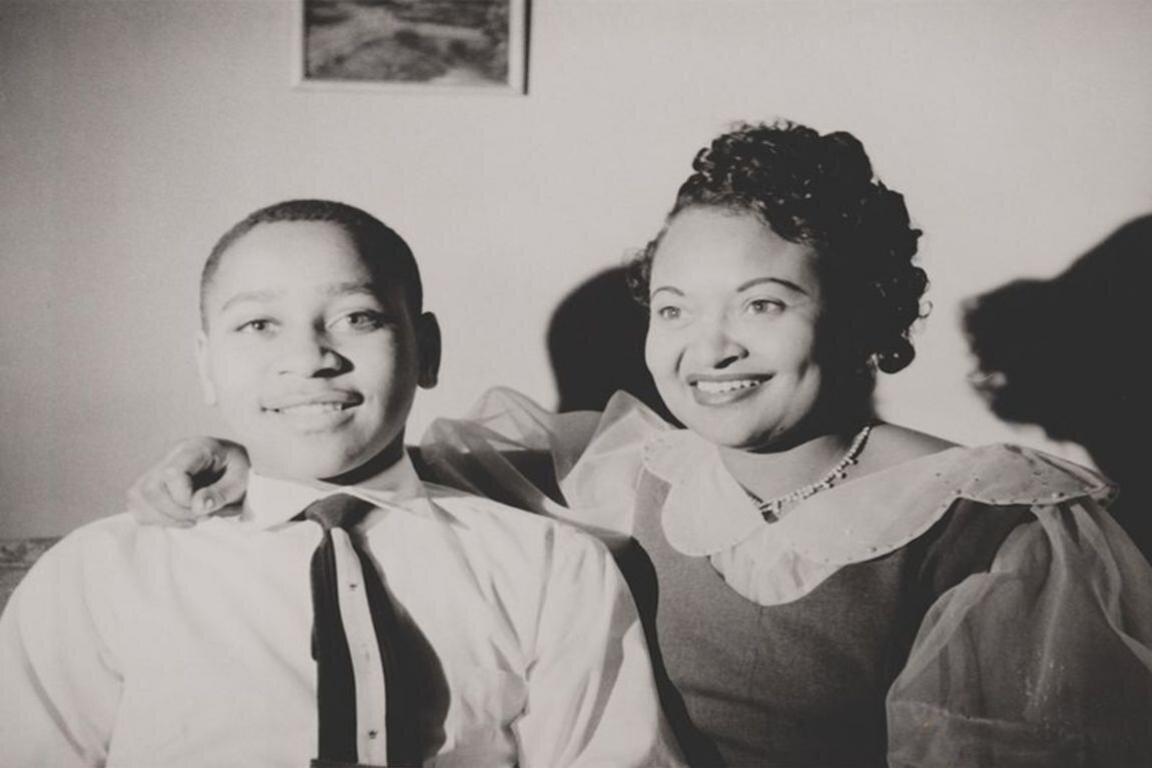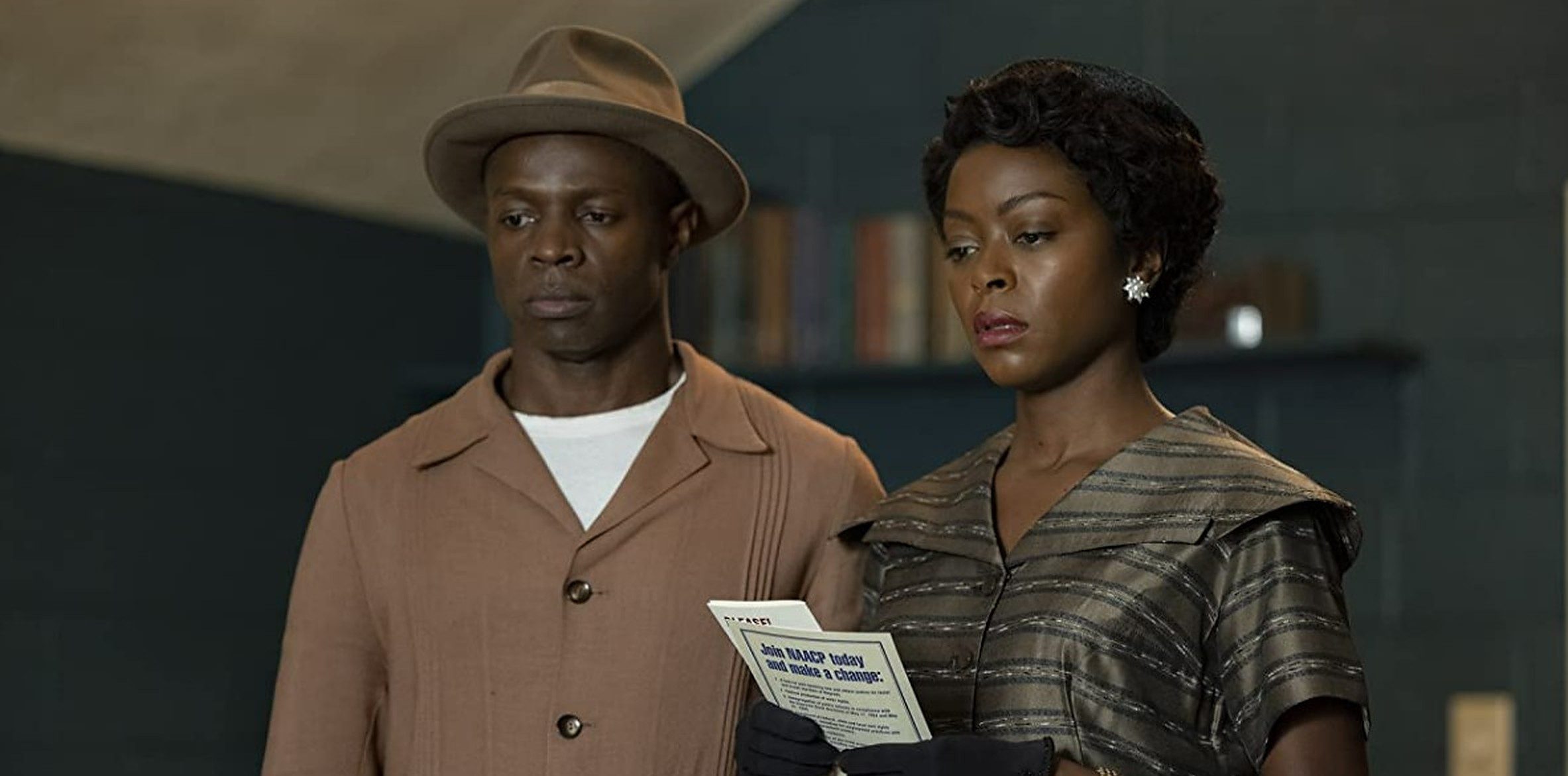Directed by Chinonye Chukwu, ‘Till’ is a touching drama movie that highlights a mother’s fight for justice after she loses her son to racial injustice. Set in 1950s Mississippi, it follows Emmett Till, a 14-year-old boy accused of making inappropriate advances at a white woman while visiting his cousins. As a result, a group of white supremacists led by the woman’s relatives mercilessly lynch the teenager to death. Heartbroken from losing her only son, Emmett’s mother, Mamie Till, decides to seek justice for him and keeps his casket open to make the world open its eyes to his tragic death.
Soon, Mamie becomes a trailblazer in the Civil Rights Movement and works relentlessly to raise a voice against the atrocities on the African American community due to the prevalence of racism. Featuring powerful performances by actors like Danielle Deadwyler, Jalyn Hall, Frankie Faison, Haley Bennett, and Whoopi Goldberg, the movie paints an accurate picture of the injustices faced by black people in the 50s, especially in the Southern States. In fact, the narrative and visuals get so lifelike at times it makes one wonder if ‘Till’ is based on real life or is purely fictional.
Emmett Till’s Story: A Turning Point in Civil Rights
Yes, ‘Till’ is based on a true story. The biographical drama explores the aftermath of the 1955 murder of 14-year-old Emmett Till and how his mother, Mamie Till-Mobley, became a prominent figure in the Civil Rights Movement. The movie has been adapted from a nuanced script written by Michael Reilly, Keith Beauchamp, and Chinonye Chukwu and sends a poignant message about racism in America. Born in July 1941, Emmett was raised in Chicago, Illinois, and was visiting his cousins in Money, Mississippi, during summer vacation in August 1955.

In Money, Emmett came across 21-year-old Carolyn Bryant, a married white woman who ran a grocery store with her husband, Roy Bryant. She alleged that the teenager had apparently wolf-whistled at her and touched her inappropriately while working alone at the store. Given the racial disparities in the Southern states in the 50s, such an interaction was deemed inappropriate between a black male and a white woman. Though the nature of events at the store on the said day is highly debatable to date, Emmett’s fate soon took a horrifying turn.
On August 28, 1955, Rob Bryant and his half-brother, J.W. Milam, burst into the house where Emmett was staying and abducted him in retaliation to Carolyn’s words. They brutally assaulted him by beating and mutilating him before shooting him in the head and drowning his body in the Tallahatchie River. The teenager’s corpse was discovered three days later and returned to his mother, Mamie, in Chicago. Shattered at seeing her son in such an unrecognizable state, she still gathered all her courage and set out to bring the ones responsible to justice.
Mamie insisted on an open casket funeral for Emmett, allowing everyone to witness his injuries and understand the gravity of the hate crime he had become a victim of. Thousands of people came to pay their respects to the young boy, and images of his injuries were circulated nationwide in publications, especially those associated with civil rights. Emmett was finally laid to rest in Chicago, yet the manner of his death sparked a major debate on the rise in crimes against the black community and the lack of legal provisions for them.

Unfortunately, Ray Briant and J.W. Milam were indicted for the murder but were eventually let go after an all-white male member jury acquitted them of all charges on September 23, 1955. Shockingly, the two men openly confessed to murdering in a magazine interview in 1956, yet no action was taken against them. Moreover, an arrest warrant for Carolyn was discovered recently, yet she has evaded any legal implications and continued to live a free life post the entire incident.
Despite Emmett’s murder trial being severely botched and the outcome unfavorable, it did become a vital tool in demanding equal rights for black people. A grieving Mamie dedicated herself to becoming an activist and educator, touring the country as a part of The National Association for the Advancement of Colored People (NAACP) fundraisers and sharing Emmett’s story with the world. Till her death in January 2003, she continued fighting for her son and many others in the community, working in the field of education and as an activist for children living in poverty.
The Chinonye Chukwu directorial intricately captures all the details surrounding Emmett’s untimely death and the measures Mamie took afterward to demand justice against his aggressors. Furthermore, it closely studies the civil rights movement in that era, which is the foundation for African-American rights today. In an interview with Third Coast Review, the director shared her preparation for the movie.

Chukwu said, “…I took that time to do my own research and to emotionally recalibrate and really make sure that I was ready to dive in…and it is a dive. And then I got ready, and I was like, “There’s a way that I can make this film and tell this story that also imbues hope and love and community. And doing that really did help balance out the intensity of the story itself.” Besides, actress Whoopi Goldberg, who plays Emmett’s grandmother and was pivotal in helping develop the project, spoke to ScreenRant about the movie’s relevance in today’s world.
“I think it’s important for people to see it and recognize what it looks like and what systemic racism leads to. Because it leads to hate against LGBTQ folks; it leads to hate against women, hate against Asian folks, and Native Americans. Name it; it leads to hate. I am very happy that we were able to bring this movie out after many years of trying to get it up and running. We’re saying, “Here’s what happens when you let systemic racism run amok. This is what it does,” Goldberg stated.
Thus, ‘Till’ is a compelling retelling of Emmett and Mamie Till’s story and mainly sticks to the subject to maintain authenticity in the narrative. It sends a message of love by exploring the disturbing consequences of hate and inequality.
Read More: Where Was Till Filmed?


You must be logged in to post a comment.